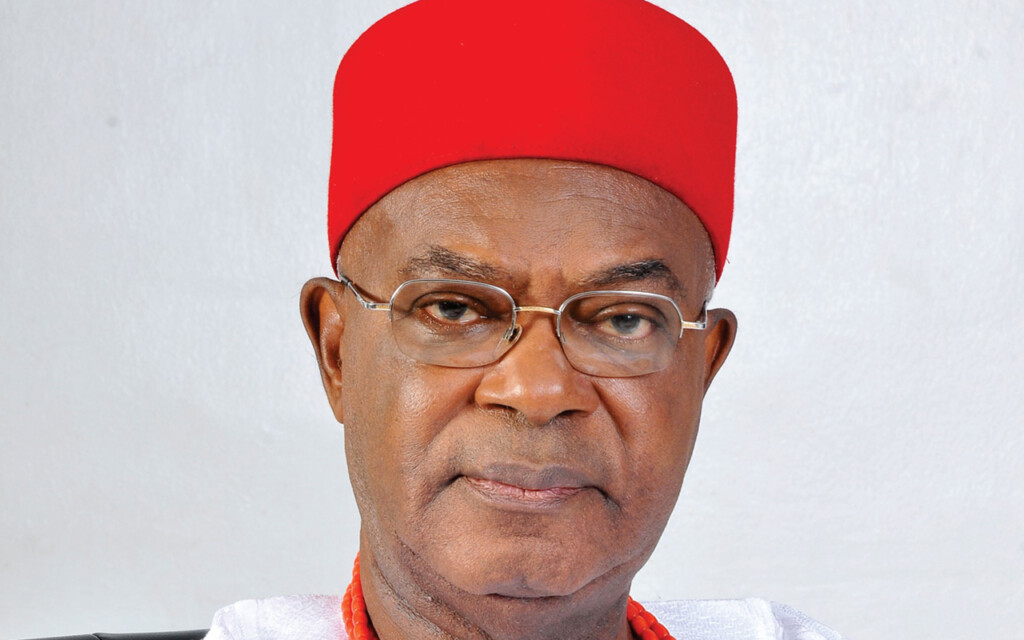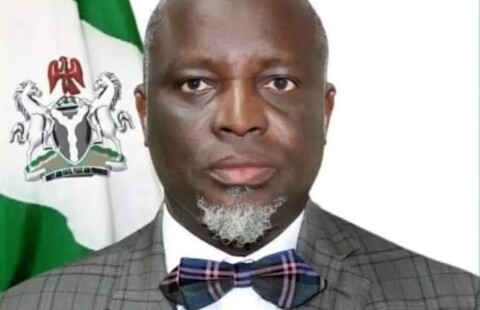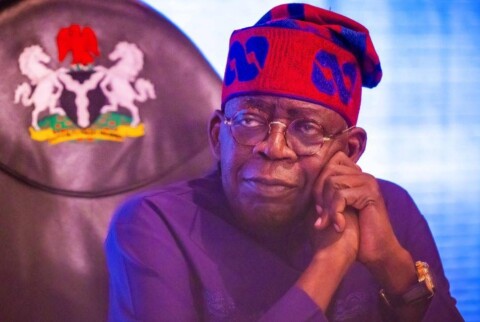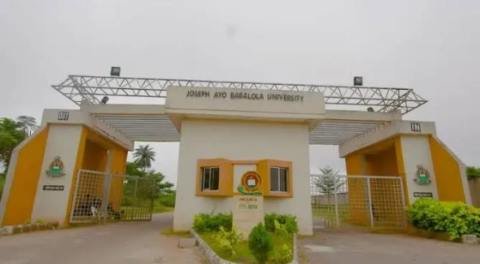The Obi of Onitsha, Nnaemeka Alfred Achebe, has raised alarm over the deteriorating state of Nigeria’s education sector, citing chronic underfunding and a widening gap from global academic trends. Speaking during a convocation event of the Nigerian Academy of Letters (NAL), where he was honoured with an honorary fellowship alongside arts and culture advocate Jahman Oladejo Anikulapo, the monarch stressed that Nigeria’s annual budgetary allocation to education has averaged just 7.81 percent over the past 25 years—far below the UNESCO and National Policy on Education’s recommendation of 20–26 percent.
Obi Achebe contrasted this with significantly higher allocations in other African countries during the same period: Ghana at 24.37 percent, Kenya 21.70 percent, Senegal 21.32 percent, South Africa 19.94 percent, and Morocco 17.61 percent. He pointed out that in Nigeria’s 2025 budget, education received only 7.3 percent from both federal and 22 state governments combined. Only four states—Enugu, Kano, Kaduna, and Jigawa—met or surpassed the UNESCO benchmark.
Addressing the widening gap between demand and available space in tertiary institutions, the monarch recalled a statement by Professor Peter Okebukola two decades ago, which highlighted that over two million applicants were competing for just 750,000 university slots. With the country’s population increasing from 140 million in 2006 to approximately 233–237 million in 2025, he warned that the pressure on higher education infrastructure has worsened dramatically. Of the 262 universities currently in existence, he noted that 147—representing 56 percent—are privately owned, underscoring the limited capacity of public institutions to meet soaring demand.
Obi Achebe also lamented the escalating “Japa” phenomenon, where skilled Nigerian professionals are emigrating in search of better opportunities. He cautioned that continued neglect of the education sector could undermine the country’s human capital development and its ability to thrive in an increasingly digital and globalised world. The monarch urged academic institutions, the private sector, and government bodies to embrace the transformative power of artificial intelligence in education, warning against leaving future generations with an educational crisis of today’s making.
A key segment of the convocation was the induction of 31 new fellows into the Nigerian Academy of Letters, including Regular, Overseas, and Honorary categories. Among the honorary inductees were the Obi of Onitsha, Mr. Anikulapo, and veteran journalist Dr. Lasisi Olagunju. The President of the NAL, Professor Sola Akinrinade, commended the Obi for bringing “class and distinction” to traditional leadership.
The Academy also used the event to appeal to the Federal Government to initiate a national value reorientation programme in response to Nigeria’s rapidly deteriorating moral fabric. Professor Akinrinade, in his final address as NAL President, emphasised that a weakened value system is at the root of many national challenges, including economic hardship, infrastructure decay, food insecurity, and widespread corruption.
He described the moral decline, especially among youth, as alarming, with telltale signs visible in poor leadership, weakened civic engagement, eroding work ethics, and a decline in patriotism. These issues, he warned, are fuelling a wave of national frustration and contributing to the increasing exodus of Nigerians seeking better prospects abroad. Without decisive intervention, the country risks sliding into a lawless society devoid of ethical standards.
The event also featured a lecture titled “Humanity and the Humanities in the Age of Emerging Technologies” delivered by former NAL President, Professor Francis Egbokhare. He highlighted the crucial role of the humanities in shaping the ethical dimensions of Africa’s digital evolution, advocating for collaboration between humanities scholars, tech professionals, and regulators in crafting responsible policies and promoting digital literacy rooted in African values.
Professor Akinrinade closed by commending Mr. Anikulapo and Dr. Olagunju for their longstanding efforts in promoting national dialogue, cultural identity, and intellectual engagement, stating that the newly inducted honorary fellows exemplify the Academy’s core values.





